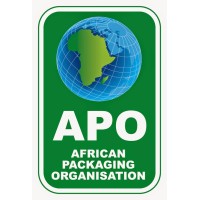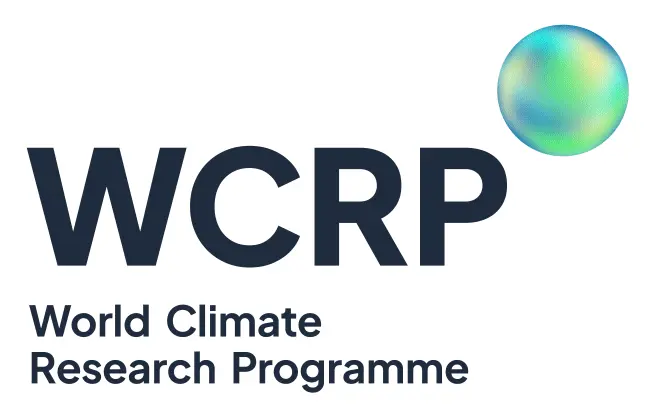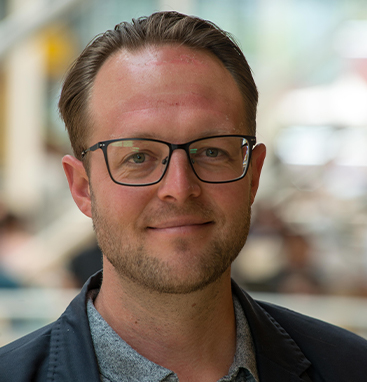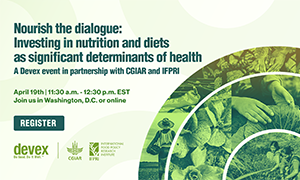24 April 2024. Innovations Session n°18: Innovations in packaging: opportunities for African entrepreneurs and SMEs
- Programme: English, French, Portuguese
- Biodata: English, French
Recording forthcoming
The Innovations Session n°18 organised by PAFO-COLEAD showcased innovations in packaging by African entrepreneurs.
- Improving packaging systems will contribute to strengthening the entire food supply chain, improve the competitiveness of enterprises and benefit all food chain actors and consumers.
- The need for efficient supply chains and logistics systems which ensure timely and cost-effective delivery of packaged goods remains a complex task.
- More and more packaging is no longer considered as a cost item by businesses but as an investment which adds value to the finished product. This is crucial as a consumer’s decision to buy is made largely by looking at the packaged product, and consumers are captivated by unique products.
- To reducing the overall environmental impact of food packaging systems, the continent should also consider the environmental impact of the packaging material itself.
- African enterprises must lead in green packaging. To achieve this, they will need facilities to test new packaging designs, information platforms to inform processors about available materials and equipment, and advisory support services to help enterprises adapt production and product design to reduce costs, waste and pollution.
- Also, there is a need to attract investors to develop scalable and recyclable packaging manufacturing facilities.
Highlights
- Phronesis Foods is a food processing hub, dedicated to providing food processing mechanization and automation equipment and resources to small businesses in Nigeria. Phronesis Foods provides food processing equipment to control food waste in the communities. Phronesis Foods also maximizes local raw materials by creating new food products from them.
- Institute of Packaging Professionals Kenya (IOPPK) The main focus is to enhance the skills of packaging professionals by imparting current knowledge and expertise in packaging technology, science, access, and engineering. The ultimate goal is to improve the competitiveness of packaged products in both local and export markets by optimizing the supply and demand chains across all industries.
- African Packaging Organisation objectives:
- to bring to the attention of African states the role that packaging can play in addressing some of the continent's major development challenges.
- to build packaging capability in Africa by promoting and maintaining the status and business of those engaged in packaging, and by the recognition of packaging as a profession, this to be achieved by international collaboration, and by establishing, publishing and disseminating educational standards and training information,
examinations, and the awarding of bursaries and qualifications as may seem appropriate from time to time; - to encourage the competitiveness of African exports by assisting where possible in the improvement of product presentation through effective packaging;
- to promote and support the packaging industry as represented by its members and to serve as a forum for discussion and exchange of knowledge between its members and other organisation or persons interested in packaging
Opportunity
Promoting Packaging Excellence in Africa
This new packaging awards programme is designed to showcase the very best of the African packaging industry. The AfriStar Awards are introduced as a pan-African Awards programme alongside the established Gold Pack Awards. Entrants who wish to only participate in the AfriStar Category of the Gold Pack Awards are not required to pay any entrance fee.
The special AfriStar Category will be judged in two parts -
1. Packaging entries from anywhere in Africa but outside of South Africa
2. Entries produced in South Africa specifically for markets in Africa but outside of South Africa.
Previous session:
21 February 2014. The 17th session of this series launched by PAFO and COLEAD focused on "Potential of African regional markets: Successes from SMEs and Smallholders".
- The full programme of this session is available here: https://bit.ly/3tKZtd5
- Speakers’ biodata are available here: https://bit.ly/3PfwcPl






.jpg)










